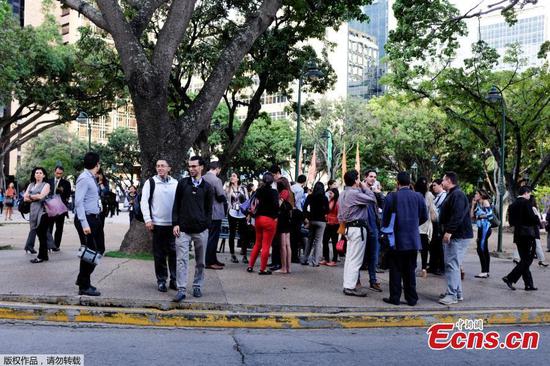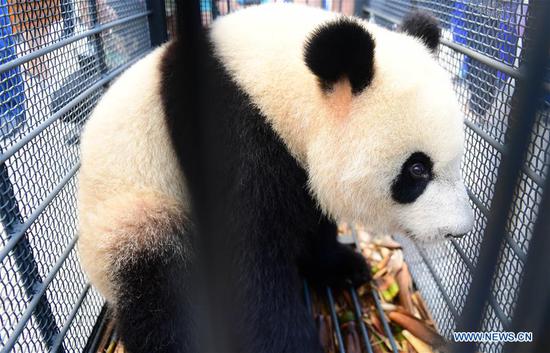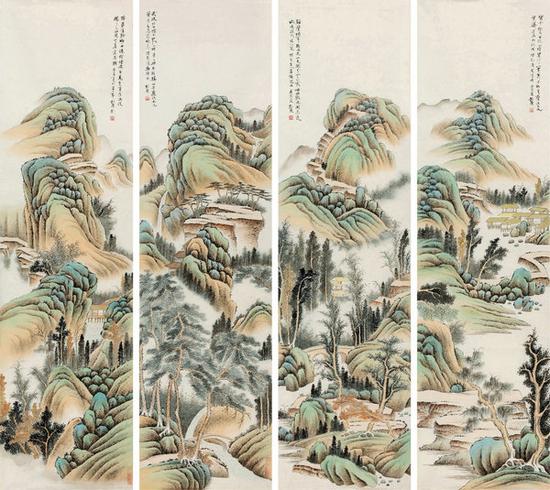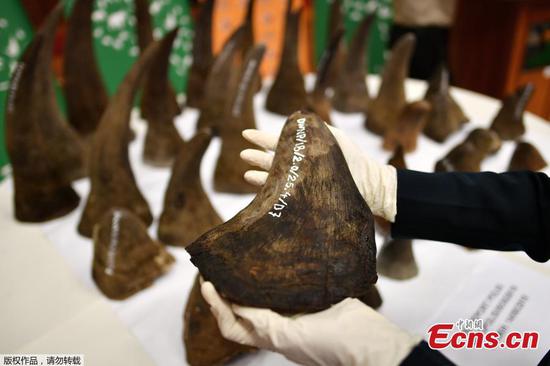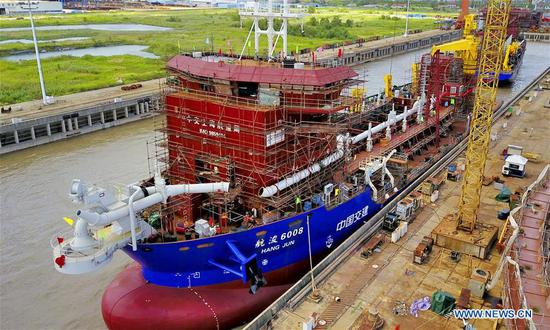Historian Niall Ferguson and economist Moritz Schularick have used "Chimerica" to describe the two economies, due to their close links.
Stephen Roach, a senior fellow at Yale University's Jackson Institute for Global Affairs, said the China-U.S. relationship remains heavily co-dependent. China needs U.S. consumers and businesses to support the external demand that underpins the world's most powerful export machine.
The U.S. depends on China to provide low-cost imports that enable income-constrained consumers to make ends meet. It also relies on China as its third-largest and most rapidly growing export market as well as being a major lender of its surplus savings to help fund its large and growing government budget deficit, according to Roach, a former chairman of Morgan Stanley Asia and former chief economist at Morgan Stanley.
Savings problem
"Over time, I suspect that this co-dependency will diminish as Chinese rebalancing shifts the structure of demand away from exports toward internal private consumption," he said.
Roach said that as China then shifts from surplus savings to savings absorption, it will have less excess savings to lend to the U.S.-a potentially problematic outcome in light of a savings problem in the U.S. that is likely to go from bad to worse as federal budget deficits expand sharply in the years ahead.
"This 'asymmetrical rebalancing'-with China saving less and the U.S. squandering the opportunity to rebuild savings-was always the greatest risk of codependency," said Roach, author of the 2014 book?Unbalanced: The Codependency of America and China.
China's economic rebalancing started after the global financial crisis in 2008 to avoid the so-called middle-income trap and to shift its economy from a model driven by exports and debt-fueled investment to a more sustainable model driven by domestic consumption, innovation and moving up the global supply chain.
This has been a remarkable success as the consumption, services and technology sectors have become new engines for China's economic growth.
A report by consultants McKinsey in May said that from high-tech unicorns to specialty chemicals, China's economy is moving swiftly beyond its lower-margin roots. (Unicorn is a term used to denote a startup company whose valuation exceeds $1 billion).
The report said China's e-commerce market has come from almost nowhere to become the largest in the world, accounting for more than 40 percent of global transactions in the sector. China's mobile payments are 11 times the value of those in the U.S. thanks to consumers' early embrace of the technology.
China has also impressed the world with its rapid infrastructure development, from high-speed railways to airports, bridges, highways and subway systems.
The rapid progress has made China not only a trade partner but also increasingly a competitor to the U.S. and other advanced economies. The growing economic relationship has also resulted in more friction.
For years, China and the U.S. engaged in dialogue, such as the annual Strategic & Economic Dialogue and the Joint Commission on Commerce and Trade, to address each other's concerns, from government subsidies and intellectual property rights protection to restrictions on high-tech exports and investment.
Trump, however, has torn up that script. Instead of engaging in dialogue, he has initiated and threatened tariffs on China and the rest of the world, including using the outdated Section 301 of the U.S. Trade Act of 1974-which authorizes the president to take action, including retaliation, against foreign governments in certain cases-and national security as excuses.
Simon Lester, a researcher at the Cato Institute who worked as a legal affairs officer at the Appellate Body Secretariat of the World Trade Organization, said the U.S. will lose any case against the Section 301 tariffs, but litigation might take years.
















